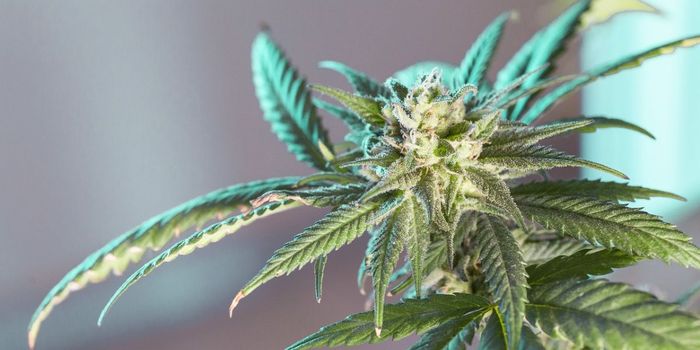Cannabis Briefly Alleviates PTSD Symptoms
Therapy is the primary recommended treatment for individuals with post-traumatic stress disorder (PTSD), but a new study shows that consuming medical cannabis products may also help with alleviating symptom severity. At least temporarily.
The new Washington State University study used the “Strainprint” app to log more than 11,000 instances of PTSD symptoms from 400 participants during the 31-month study. The app was designed to help users determine what types of medical cannabis best addresses their symptoms.
PTSD can be triggered by the experience of any sort of traumatic event and can lead to a variety of severe mental health symptoms at any point after the triggering incident. Mayo Clinic groups common PTSD symptoms into several different types:
- Intrusive memories
- Avoidance
- Negative changes in thinking and mood
- Changes in physical and emotional reactions
The U.S. Department of Veterans Affairs National Center for PTSD estimates that seven to eight percent of the American population will develop PTSD at some point in their life. Women are twice as likely to have PTSD than men.
From the study, researchers observed that cannabis use was associated with a reduction in severity for four different PTSD symptoms:
- Intrusions reduced by 62 percent
- Flashbacks reduced by 51 percent
- Irritability reduced by 67 percent
- Anxiety reduced by 57 percent
Additionally, researchers found no difference in the effects of cannabis with different amounts of certain cannabinoids, namely tetrahydrocannabinol (THC), the cannabinoid famously known to be the main psychoactive component of cannabis, and cannabidiol (CBD), the main non-psychoactive cannabinoid component of cannabis. Aside from cannabinoids, cannabis also contains other components associated with positive health effects, such as terpenes and flavonoids.
Importantly, the symptom severity reductions were not permanent. Researchers acknowledge that they need more studies on the connection to learn about the true working relationship between cannabis and PTSD symptoms. Additionally, it is necessary to consider that the results of the study relied on self-reported symptoms by individuals who have not necessarily been officially diagnosed with PTSD.
"Working with this model, it seems that cannabis will temporarily mask symptoms, acting as a bit of a band aid, but once the period of intoxication wears off, the symptoms can return,” explained study leader Carrie Cuttler.
Sources: Washington State University, Journal of Affective Disorders, Mayo Clinic, National Center for PTSD








